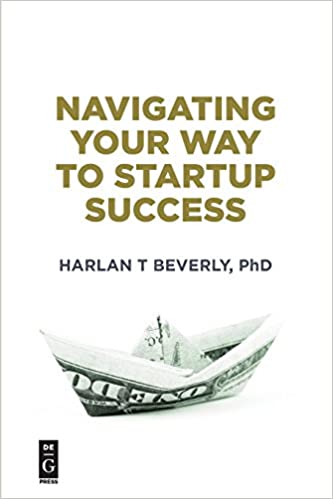Recently, I have noticed a few misconceptions and confusions about getting a job at a startup.
Dollhouse
That said, there are two phases where you can join a startup, the founding phase, and the funded phase.
Founding Phase
In this phase, you are too early to get paid. You won’t. There is no money.
However, you will be able to call yourself a “cofounder”, and you will (or should) get stock. A “founders share” which is somewhere between 10-20% or so.
The key here is believing and showing that for now, you can you do the whole thing! What thing?
One of four roles:
- Technical – you can build the prototype (yourself, no help)
- Sales – closing deals, has a network in the industry and can get the sale. (especially important in B2B companies)
- Marketing – All aspects of marketing, including “making the website look pretty” along with: target customer, research, brand, design, lead generation (especially in B2B), content, business cards, etc. Also, Sales, in the case of B2C (because sales and marketing are basically the same thing in B2C direct startups)
- Finance/Ops (rare) – this is not often needed, but sometimes a founder needs help with finance/ops. You’ll have to do it all: accounting, finance, planning, manufacturing, legal, etc. (FYI: the original idea person is the founder, the others are cofounders)
By the way, yes, you can work a side-job during this phase, but usually at least 1 of you needs to be “full-time” on it. (or you won’t get hungry enough to make it actually launch)
Funded Phase
During this phase, you get “hired”, and have to “interview”. You have to”apply” to a job opening. Good news is, you will get paid (usually less than market rates). Bad news is, you will not get “much” stock (just a few stock options, like less than 1/4percent, maybe more if you are an executive).
How do you get a job in the funded phase?
- Know your role: in this phase, it’s still about what you can do for the company… it has to fit into a box of either: sales, marketing, tech, or ops. And you have to be willing (and eager) to do anything “legal” to help the company succeed, including get coffee/etc.
- Find the job: by networking for sure, but even more so, just by looking on LinkedIn or even craigslist. Find the open position somehow! Then apply to it. By resume, usually, and even better by referral (hence the networking). Make sure the referral has your resume too though, even startups use those.
- Interview: yep. You’ll have to do that. We’re looking for passion, excitement, and SHOW US how you “have done this job before”. That is critical. Don’t apply for a job at a startup that you’ve never done… we don’t (usually) have time to train you.
Transitioning from Founding to Funded Phase
Not all the cofounders join the company in a “paid role” once you get funded. Usually just 1 or 2 do, then more as the company grows. Some cofounders never get a paying job out of it… and that’s normal. (hey you get to keep your stock though, at least whatever % you have vested).
Why Startup vs. Enterprise/Big Company
Simply because it is more fun. Why? Because you get to do more things! Everyone is passionate. And most importantly, what you do matters (to the big picture of the company)!
So, get out there, apply already, and have fun doing it!






